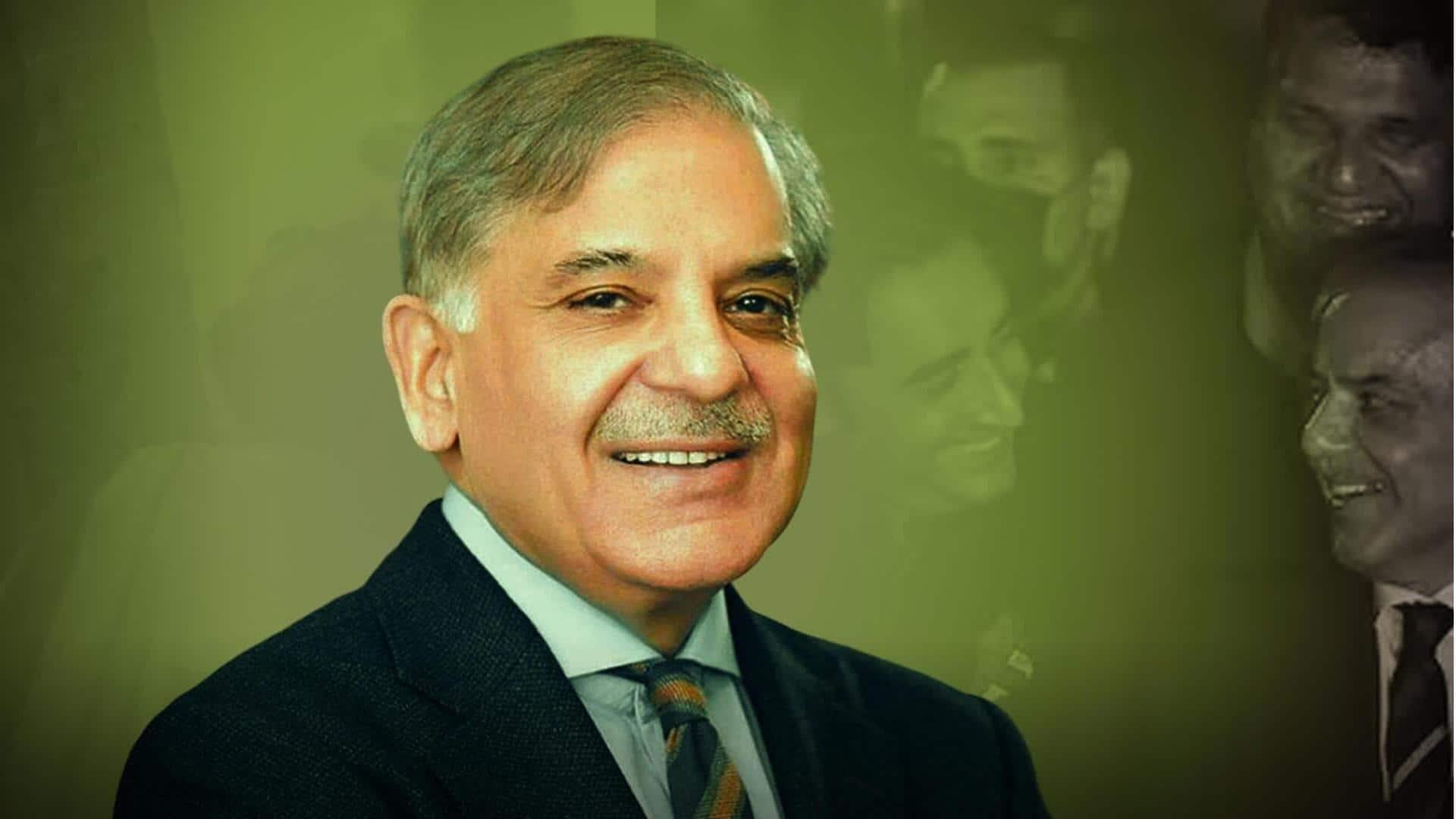
Shehbaz Sharif elected Pakistani PM for 2nd term
What's the story
Pakistan Muslim League-Nawaz (PML-N) leader Shehbaz Sharif has been elected the prime minister for the second time in a vote by Pakistan's newly formed parliament. With this, Sharif returned to the post he held until last August, when the parliament was dissolved ahead of the general election, and a caretaker government took charge. He secured 201 votes in the 336-member National Assembly, prevailing over rival Omar Ayub Khan, who got 92 votes.
Context
Why does this story matter?
The development came nearly three weeks after inconclusive national elections in Pakistan resulted in the formation of a coalition government. The Pakistan Peoples Party (PPP), Pakistan Tehreek-e-Insaf (PTI), and PML-N failed to secure a majority in the National Assembly. Per the Election Commission of Pakistan (ECP), independent candidates won 101 seats, followed by the PML-N with 75 seats. The PPP secured 54 seats, and the Muttahida Qaumi Movement-Pakistan (MQM-P) got 17 seats.
Protests
Declaration met with protests
The declaration of Sharif as the PM was met with strong disapproval from the Sunni Ittehad Council (SIC), which is backed by jailed former PM Imran Khan. The lawmakers called for Khan's release and yelled slogans accusing Sharif of manipulating the elections. Reportedly, the February 8 election was marred by a mobile internet shutdown, arrests, and violence. In addition, the unusually delayed results triggered accusations that the vote was rigged.
Who's Sharif?
All you need to know about Sharif
The 74-year-old PML-N president is the younger brother of former three-time prime minister Nawaz Sharif. Notably, during his previous term, Sharif's government managed to negotiate a critical International Monetary Fund (IMF) deal. However, the process was mired in challenges, and the measures required by the agreement—which ends in April this year—contributed to rising prices. Now, the new government must immediately begin discussions with the IMF about the next agreement to strengthen the country's economy.
Pakistan parliament
How many seats are required to form government in Pakistan
The new government will also have to deal with persistent challenges from Khan's followers. To form a government, a political party needs to win 133 seats out of the 266 contested lower house seats. Another 70 seats are reserved for minorities and women. In order to become premier, a candidate must receive 169 votes in the 336-member National Assembly.